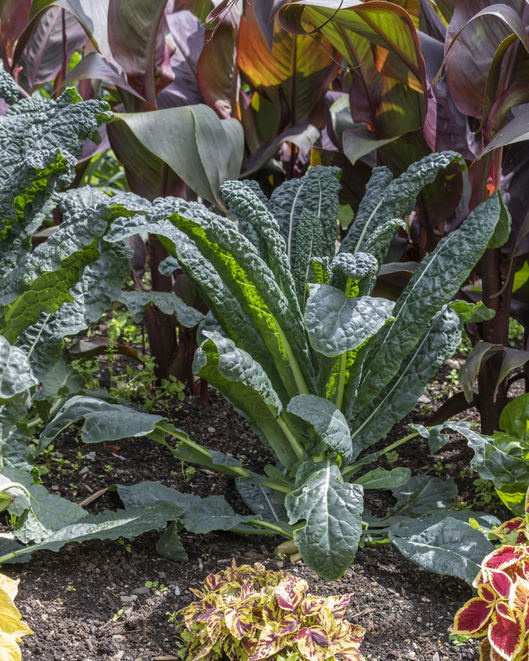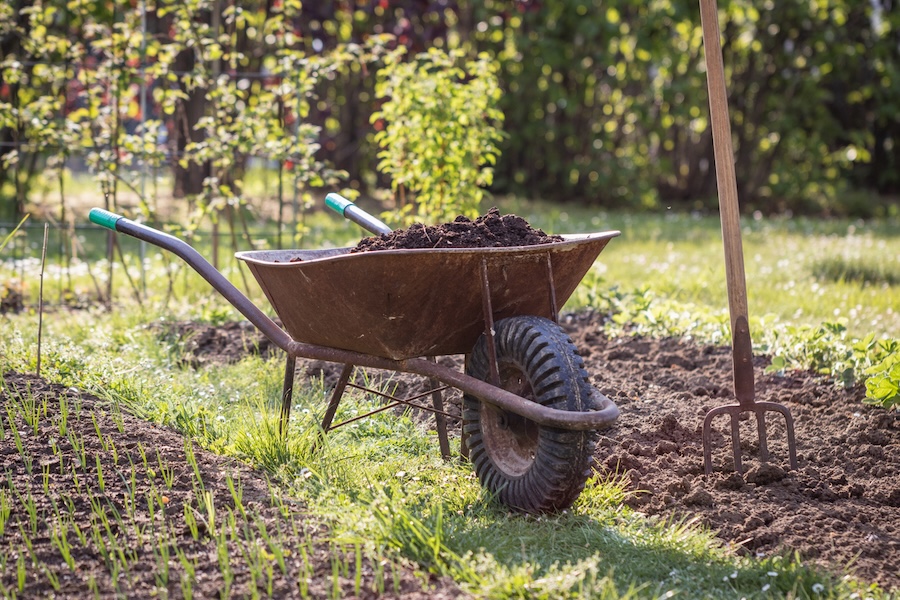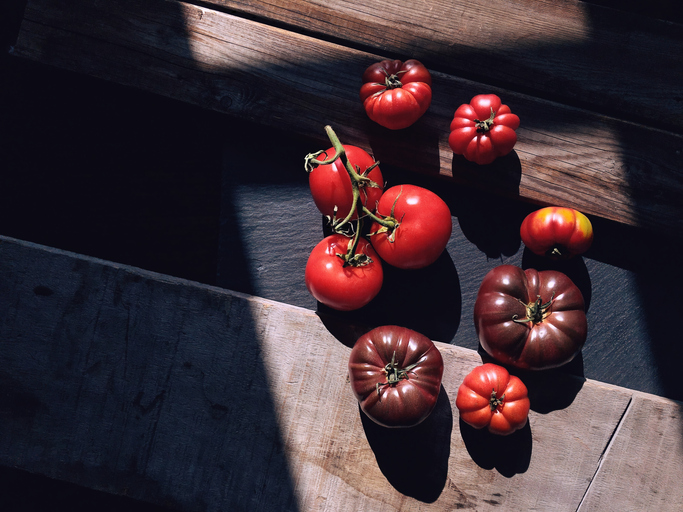As spring gardening time returns, so do hungry harmful insects. But the good news is, depending on the size of the garden, insecticides may or may not be necessary, says one University of Georgia expert.
Before planting a vegetable garden, make sure there are no insects already embedded in the soil because there are no truly effective home treatments for them, said Alton Sparks, an entomologist with the UGA College of Agricultural and Environmental Sciences. Home gardeners can help rid soil of insects by thoroughly tilling the soil.
Once the soil is warm enough for planting, gardeners should work on getting their fruits and vegetables into the ground at a reasonable time.
The earlier they are planted, the less likely gardeners will run into insect problems. Insects reproduce more rapidly as it warms up, Sparks said. Gardeners can get a jump on insect problems, and avoid many seedling pest problems, by planting transplants.
Although there are several different garden pests to look for depending on the plant, two of the most common are caterpillars and stink bugs.
Though both are harmful to gardens, signs of caterpillars are easier to spot. Usually caterpillars will eat large chunks out of leaves or fruits.
Stink bugs don’t remove leaf tissue, but have piercing-sucking mouth parts. Plants they feed on will have incorrect growth and at times irreparable damage that can cause deformities in vegetables and fruits.
If the garden is small, hand-picking while the problem is still minor is easily the safest way to remove insects. However, if the garden is large, hand-picking may prove to be too time consuming, and insecticides may be necessary.
When insecticides are deemed necessary, make sure to use products labeled for the crop and the pest you are targeting. Crop and insect information can be found on the label. Also, be sure to follow label restrictions as far as pre-harvest intervals so vegetables and fruit are safe to eat when harvested, Sparks said. In season, treat only when pests are present.
Lastly, it is imperative to remember that not all insects in the garden are harmful. A lot of predators and parasites help control pests. Knowing which insects live in your garden will help keep beneficial insects alive and working for you and your garden.








